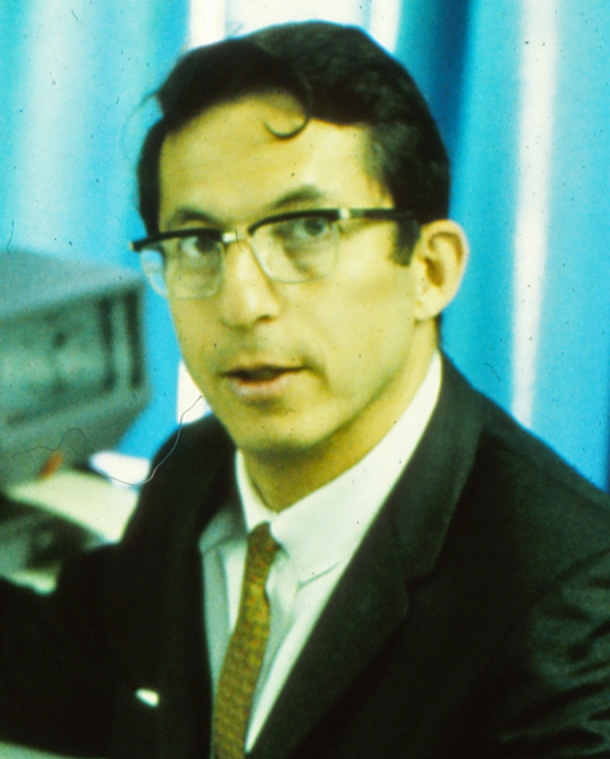Robert Ledley
 Robert Steven Ledley (June 28, 1926 – July 24, 2012), professor of physiology and biophysics and professor of radiology at Georgetown University School of Medicine, pioneered the use of electronic digital computers in biology and medicine. In 1959, he wrote two influential articles in ''Science'': "Reasoning Foundations of Medical Diagnosis" (with Lee B. Lusted) and "Digital Electronic Computers in Biomedical Science". Both articles encouraged biomedical researchers and physicians to adopt computer technology.
Robert Steven Ledley (June 28, 1926 – July 24, 2012), professor of physiology and biophysics and professor of radiology at Georgetown University School of Medicine, pioneered the use of electronic digital computers in biology and medicine. In 1959, he wrote two influential articles in ''Science'': "Reasoning Foundations of Medical Diagnosis" (with Lee B. Lusted) and "Digital Electronic Computers in Biomedical Science". Both articles encouraged biomedical researchers and physicians to adopt computer technology.In 1960 he established the National Biomedical Research Foundation (NBRF), a non-profit research organization dedicated to promoting the use of computers and electronic equipment in biomedical research. At the NBRF Ledley pursued several major projects: the early 1960s development of the Film Input to Digital Automatic Computer (FIDAC), which automated the analysis of chromosomes; the invention of the [http://americanhistory.si.edu/collections/object.cfm?key=35&objkey=115 Automatic Computerized Transverse Axial] (ACTA) whole-body CT scanner in the mid-1970s; managing the ''[http://www.dayhoff.cc/MODAtlasSummary.html Atlas of Protein Sequence and Structure]'' (created in 1965 by Margaret O. Dayhoff); and the establishment of the Protein Information Resource in 1984. Ledley also served as editor of several major peer-reviewed biomedical journals.
In 1990, Ledley was inducted into the National Inventors Hall of Fame. He was awarded the National Medal of Technology in 1997. He retired as president and research director of the NBRF in 2010. Provided by Wikipedia
1
Other Personal Name(s):
“...Ledley, Robert Steven....”
